ECONOMY
Budget 2022-23 bets big on capex to drive economic growth; no changes in I-T rates; cryptos taxed
- IBJ Bureau
- Feb 02, 2022
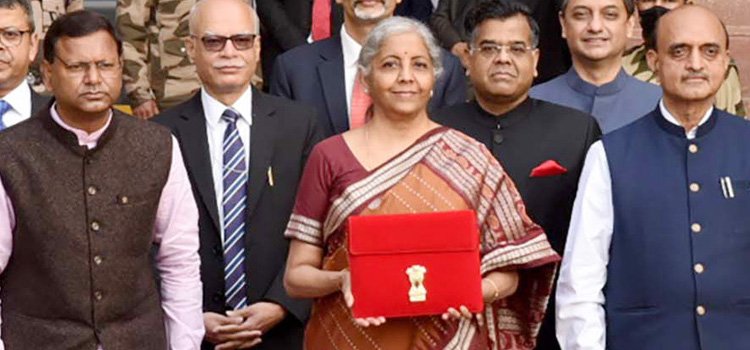
Finance Minister Nirmala Sitharaman on Tuesday presented the Union Budget 2022-23 amid the shadow of COVID-19, which seemed to be weakening in its third wave. Yet the viral pandemic in the past two years has caused widespread loss to the economy, impoverished a large number of Indians, shut several businesses and enhanced job losses across sectors.
Ms Sitharaman’s Budget sought to focus primarily on economic recovery on the back of government spending, which in due course of time is expected to crowd in private investment. The finance minister pegged the total expenditure for 2022-23 at Rs 39.45 lakh crore, while the total receipts other than borrowings were estimated at Rs 22.84 lakh crore.
The Budget projected the fiscal deficit for FY23 at Rs 16.61 lakh crore, which accounts for 6.4 per cent of the GDP. Fiscal deficit in FY22 was revised slightly higher at 6.9 per cent of the GDP against 6.8 per cent in the Budget Estimates. The nominal GDP for FY23 is expected to grow by 11.1 per cent, while the real GDP (after subtracting the inflation) is pegged between 8 and 8.5 per cent.
One of the major highlights of the Budget was the big boost for capital expenditure, which has seen impressive growth of 35.4 per cent at Rs 7.5 lakh crore. Moreover, the overall, capital expenditure of the Centre, including the grants, is estimated at Rs 10.68 lakh crore, amounting to about 4.1 per cent of the GDP. The finance minister is looking to boost public expenditure and steer economic growth at a when the private sector is reluctant or averse to invest amid plunging consumption.
However, the Budget appeared to disappoint the salaried Income Tax (I-T) payers, who were looking for incentives in the form of higher tax exemptions. There were high expectations of I-T exemptions in the run-up to the Budget, and its absence led to a greater unhappiness among the salaried classes.
The Budget also sought to deter investors from investing in cryptocurrencies, which have been too volatile and are also seen as a vehicle to evade taxes and indulge in undesirable activities, such as drug dealings and the like. The finance minister proposed to tax income from transfer of digital assets at 30 per cent and further proposed a 1 per cent TDS on transactions of digital assets
The Budget also announced a battery-swapping policy that would enthuse the electric vehicles segment and provided a roadmap for 5G rollout that would boost the technology and startup ecosystem.

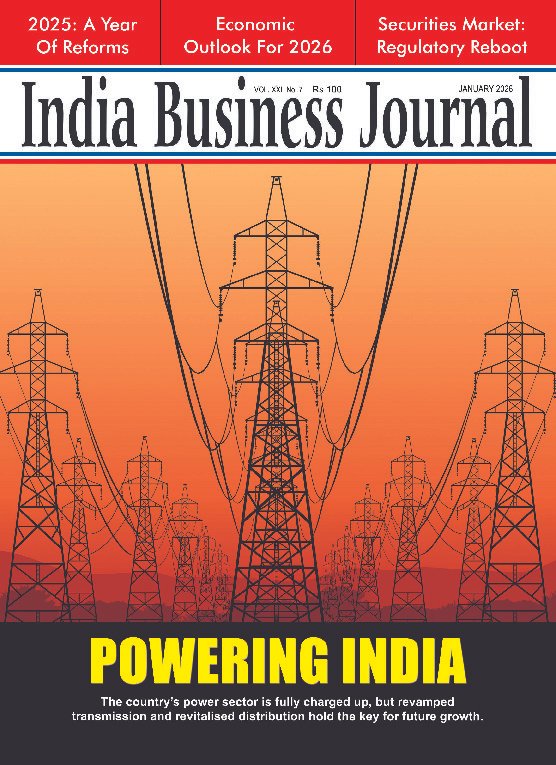


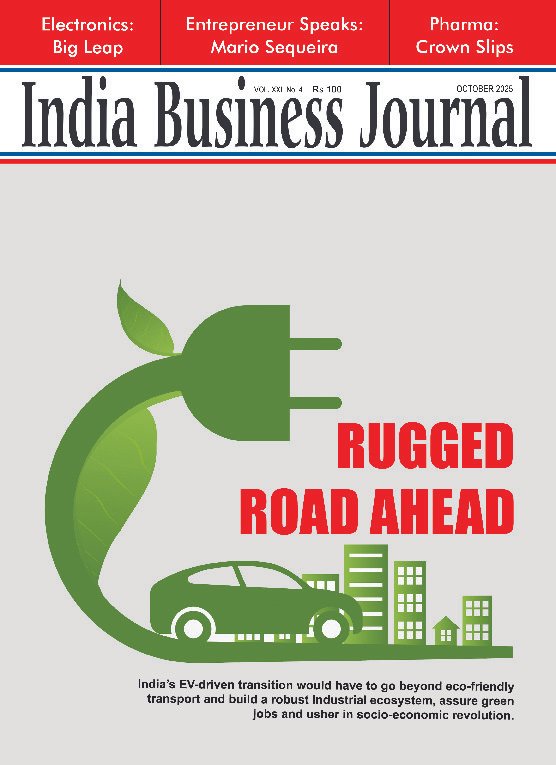








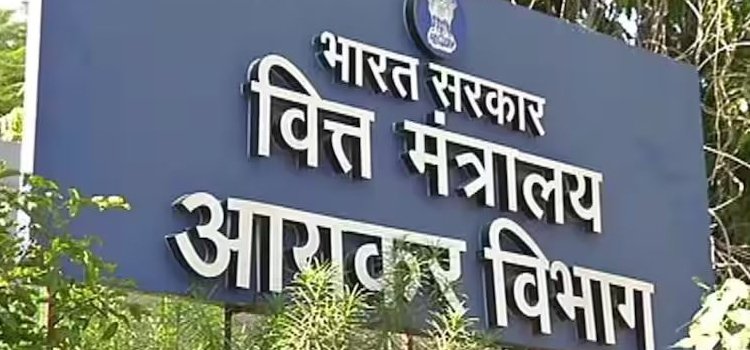
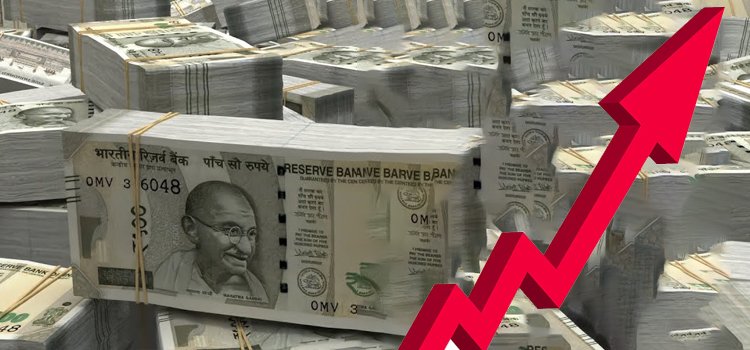






Report By
View Reporter News